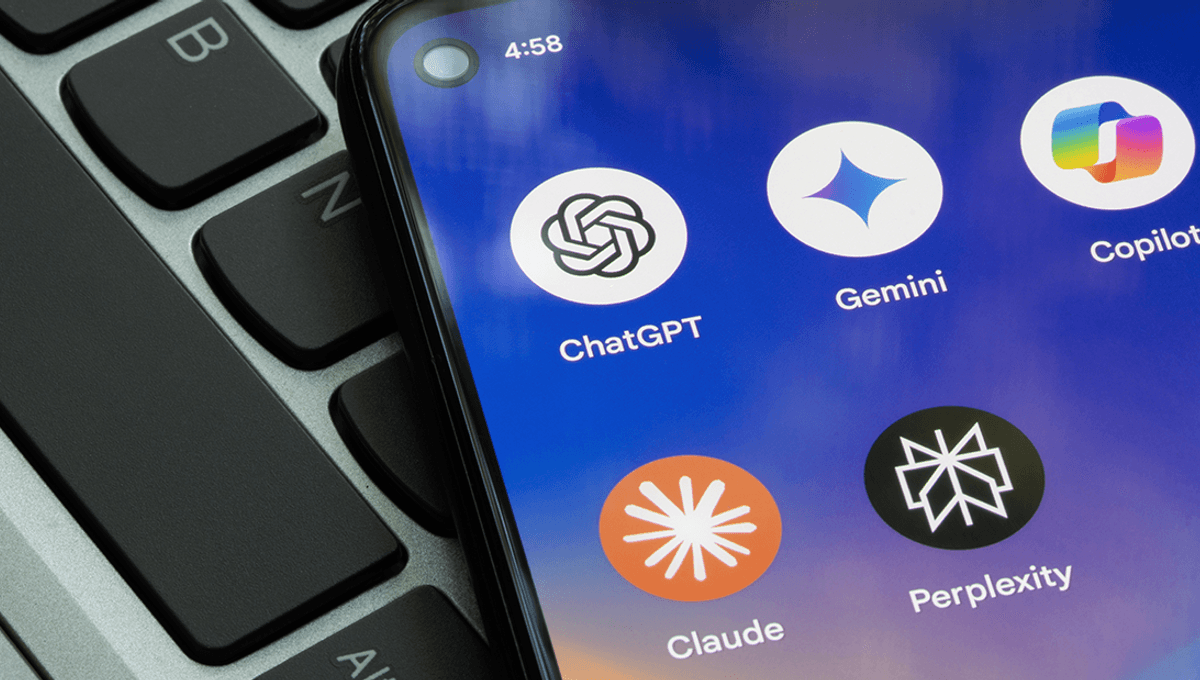
A new study investigating artificial intelligence (AI) and “cognitive offloading” by humans has found a negative correlation between frequent AI use and critical thinking abilities.
Large language models have become more freely available these days, whether it’s OpenAI’s ChatGPT or Google’s AI summaries, providing (often not entirely accurate) answers at potentially huge costs to the environment. Like pretty much all leaps in technology before it, from television to the Internet, researchers are interested in studying the impact it has on its users.
One particular aspect, looked at by Michael Gerlich at SBS Swiss Business School in Zurich, Switzerland, is the idea of cognitive offloading.
“Cognitive offloading occurs when individuals delegate cognitive tasks to external aids, reducing their engagement in deep, reflective thinking,” Gerlich explains in the study. “This phenomenon is particularly concerning in the context of critical thinking, which requires active cognitive engagement to analyse and evaluate information effectively.”
Just as studies have shown people may “rely on the Internet as a source of knowledge rather than remembering it for themselves” after the rise of Google, the concern is that people might begin to offload their own critical thinking abilities. Instead, they may rely on AI tools to perform some of these tasks, for example using ChatGPT to do school/college work, though there is little evidence that this is having much of an impact yet.
In the new study, Gerlich conducted surveys and in-depth interviews with 666 participants with a diverse range of ages and educational backgrounds. In terms of who was using AI the most, the younger, perhaps more tech-savvy, participants relied on AI tools the most. Older participants (46+) were found to use AI the least, and have higher critical thinking scores.
“Younger participants exhibited higher dependence on AI tools and lower critical thinking scores compared to older participants,” Gerlich wrote. “Furthermore, higher educational attainment was associated with better critical thinking skills, regardless of AI usage. These results highlight the potential cognitive costs of AI tool reliance, emphasising the need for educational strategies that promote critical engagement with AI technologies.”
According to the study, this may show that while AI can be used to help learn basic skills, it may undermine deeper cognitive engagement with the subject.
“Our findings indicate that cognitive offloading significantly mediates the relationship between AI usage and critical thinking, suggesting that the reduction in cognitive load may lead to diminished opportunities for cognitive engagement and critical analysis,” the study continued.
Gerlich stresses that while an avenue to explore, the study relied on self-reported measures, and further study is needed, including experiments. Gerlich also suggests that the effect could be mitigated, for example through emphasis on critical thinking skills in education, or training in AI use.
“While cognitive offloading can enhance efficiency and reduce mental strain, it also affects cognitive development and critical thinking,” he added. “Excessive reliance on external aids may lead to a decline in internal cognitive abilities, such as memory retention and critical analysis skills.”
The study is published in the journal Societies.
Source Link: Study Links Frequent AI Use With Lower Critical Thinking Abilities